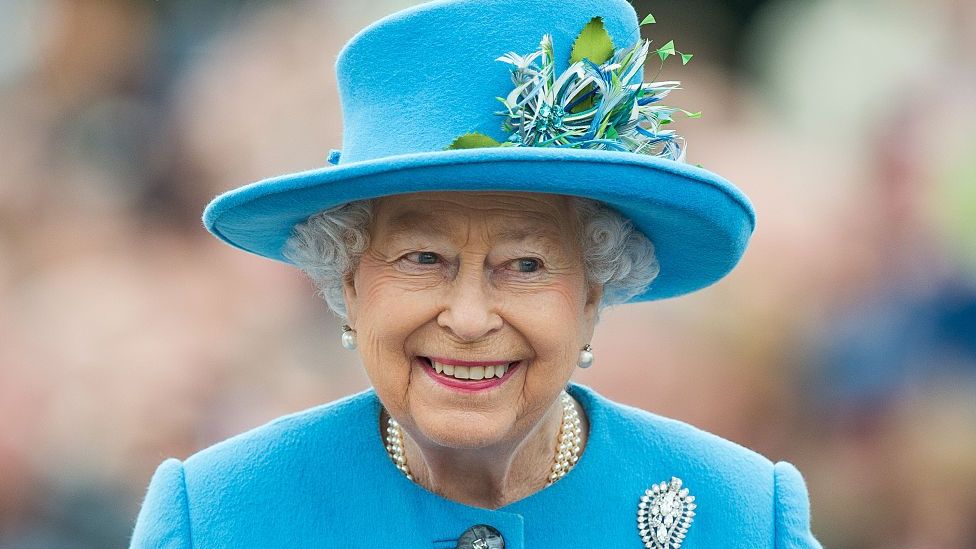The legislation was changed so the monarch’s private estates could not be subject to compulsory purchase orders.

image copyrightGetty Images
A draft law in the Scottish Parliament was amended to exempt the Queen’s land from measures to encourage green energy after her lawyers raised “concerns”.
The changes meant land owned by the royal household could not be subject to compulsory purchase orders without the monarch’s approval.
The correspondence between Buckingham Palace and the Scottish government was first reported in The Guardian.
Buckingham Palace insisted the process did not alter the nature of any laws.
But Liberal Democrat MSP Willie Rennie said such lobbying – details of which were revealed in a Freedom of Information request by a party researcher – should have been declared.
The Heat Networks Bill encouraged the use of underground pipes to heat homes and buildings rather than boilers powered by fossil fuels.
The documents show correspondence took place between the Scottish government and Buckingham Palace around the procedure known as Queen’s consent, where the monarch is given sight of legislation which affects her interests.
The concerns centred on the potential use of compulsory purchase orders – a legal process by which land or property can be obtained, for instance for major infrastructure projects, without the the consent of the owner if deemed in the greater public interest.
Queen’s consent for the Heat Networks Bill was sought in January this year, the documents show, though the content of many exchanges was redacted.
In February, officials working for Energy Minister Paul Wheelhouse said the minister had agreed to amend the bill, which had been introduced at Holyrood the previous year.
The officials said: “Minister agreed to proposed amendment that would addressed [sic] concerns from Queen’s solicitors”.

image copyrightPA Media
Setting out the need for the exemption in the Scottish Parliament, Mr Wheelhouse said that in the rare cases where the Queen’s estate could be used for a heat network, different provisions were needed for the use of compulsory purchase orders on Her Majesty’s land.
He said licence holders for heat networks were likely to be private enterprises, as opposed to public authorities which are more typically involved with compulsory purchase.
Mr Rennie said lobbying from Buckingham Palace should have been declared.
He said: “This research shows that Queen’s consent isn’t just some arcane legacy from parliament’s past. It’s a live process. Laws are secretly being changed behind Scotland’s back as a result.
“That’s not what people would expect in a democracy. I’m sure people will be shocked to see the Scottish government’s willingness to pander to the process.
“Their readiness to hide it from public view shows they have no interest in acting transparently.”
Mr Rennie added there should be “no secret doors to changing the law” and called on the Scottish government to fully share how the process influences law making.
A Buckingham Palace spokesman said: “The royal household can be consulted on bills in order to ensure the technical accuracy and consistency of the application of the bill to the Crown, a complex legal principle governed by statute and common law.
“This process does not change the nature of any such bill.”
The Scottish government said its policy was that the Crown should be subject to regulatory requirements on the same basis as everyone else “unless there is a legitimate reason for an exemption or variation.”
A spokesman added: “However, Crown consent is required by law if a bill impacts the private property or interests of the sovereign – and that is what happened in this case.
“In this instance, the Scottish government considered it appropriate to limit the exercise of compulsory purchase powers in relation to the Queen’s private estates.
“The minister explained in detail to Parliament the reasons why it was appropriate to amend the bill in this way – with specific reference to the Queen’s private estates – and Parliament agreed.”